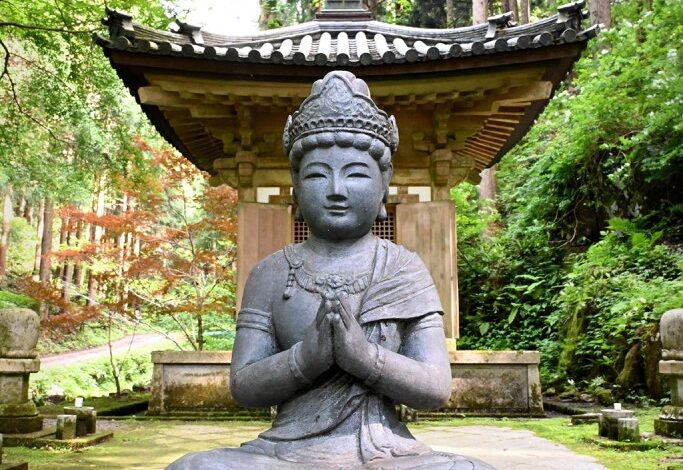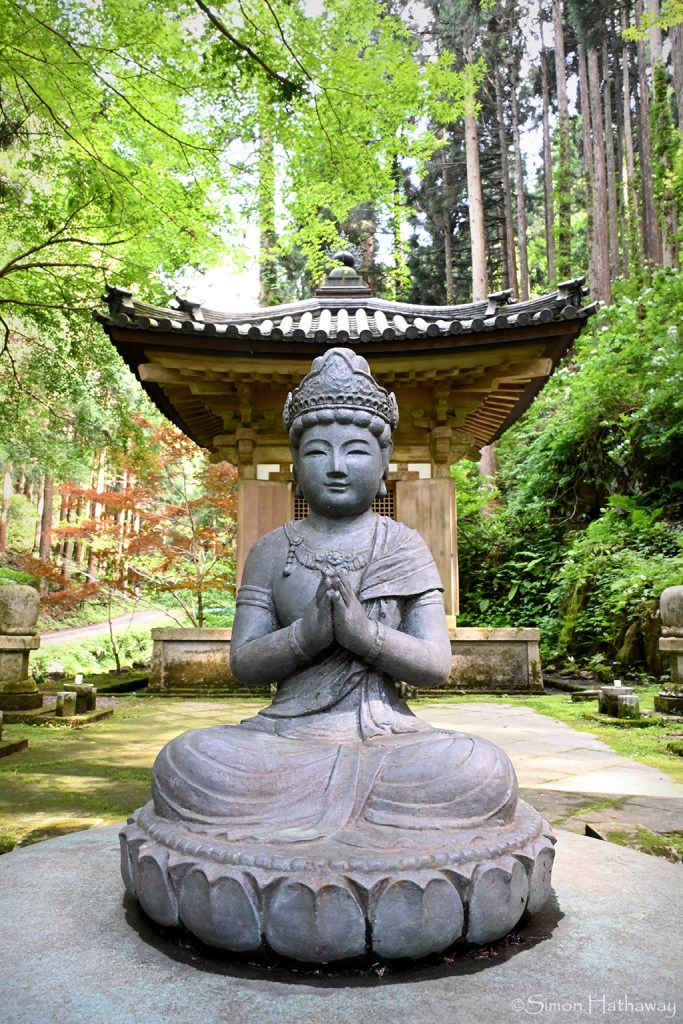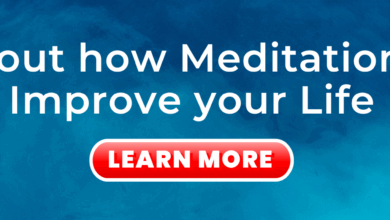The Diamond Sutra (9) – Second Commentary – Zen Fools

Part 2-3
The Buddha said, “Good, Subhuti! As you say, I always have the bodhisattvas in mind well, protect them well and entrust them well with the propagation of Buddhist Dharma. Listen carefully now; I will expound to you. When good men and good women have made up their minds to attain supreme enlightenment, they should live and surrender their minds thus.”
“Yes indeed, World-Honoured One, we look forward to listening.’’
Commentary:
The Buddha said, “Now listen carefully—I shall teach you for your benefit.” But what does it truly mean to “listen carefully”? In Part 13 of this sutra, the Buddha asks Subhūti, “What do you think, Subhūti? Is there any Dharma (teaching) that the Tathāgata has preached?” Subhūti replies, “No, World-Honoured One, the Tathāgata has not spoken any Dharma.”
Despite the fact that the Buddha gave countless Dharma talks, that Subhūti said the Buddha had not spoken any Dharma implies that understanding the Dharma means grasping what lies beyond the words. The heart of the Buddha’s teaching cannot be found in words alone. This is why it is often said that true Dharma is “a special transmission outside the scriptures”. This does not mean we should disregard all spoken or written teachings. Rather, we should listen to or read them while simultaneously recognising the functions of the true-Self (Emptiness). If someone reads a sutra and clings only to the literal words, failing to perceive the true-Self, we say, “the person is being controlled by the scripture.” But if someone reads the sutra and, while understanding the words, also sees the functions of the true-Self, we say “he is using the scripture.”

If one only chases words without realising what they point to, one ends up increasing illusions and actually going against the Buddha’s teaching. This is why ancient great Zen masters would say that without the right understanding, scriptures and Dharma talks can become like the teachings of Maras (demons). So, when reading a sutra, one must always strive to read not just the text (form) but also see through it to the function of the true-Self (Emptiness). This dual approach is known in doctrinal terms as “seeing in both ways”. And this is not limited to sutras—if we try to see and hear everything in our daily lives in this way, our entire life becomes practice. And there is no greater practice than this.
Disciple: “If we’re not supposed to be deceived by words, why are there so many sutras?”
Master: “Because you don’t yet know how to read scriptures without being deceived by words.”
If you listen carefully, you will see the Buddha in your daily lives.
©Boo Ahm
All writing ©Boo Ahm. All images ©Simon Hathaway




